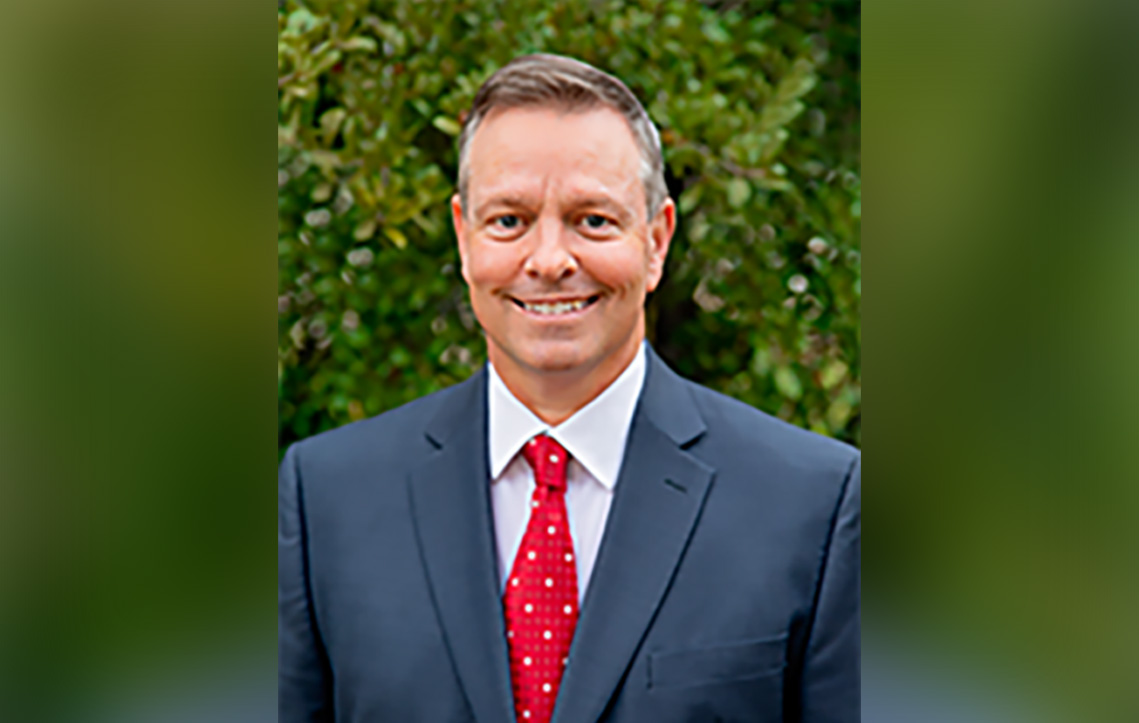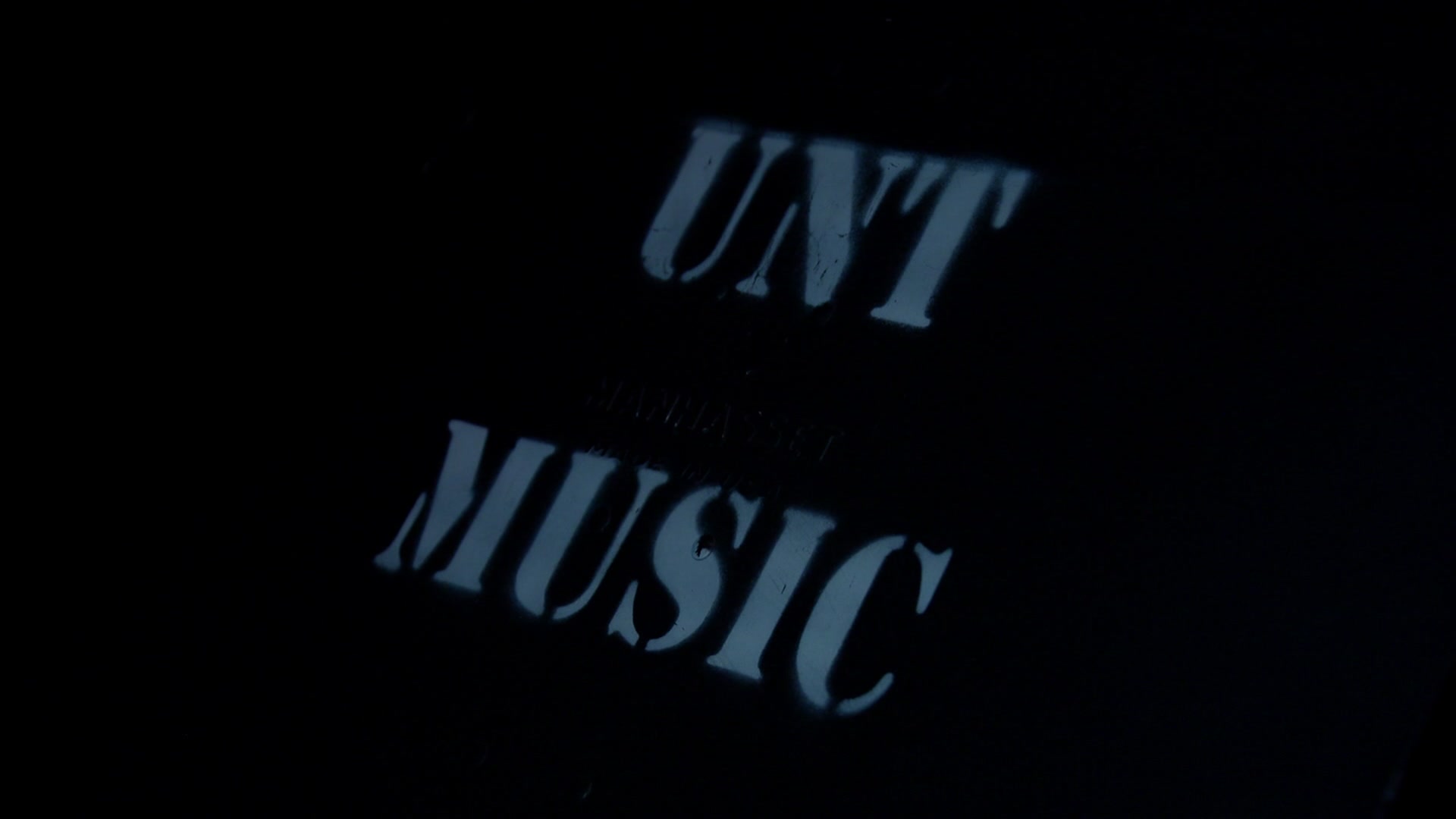Dallas officials believe progress has been made in a 911 crisis that is tied to two deaths in the past two weeks, but the test of improvements comes Saturday night.
The city still blames T-Mobile equipment for swamping Dallas 911 with calls that force people facing emergencies to wait on hold. Compared to the usual 2,800 calls between 3 p.m. and 11 p.m. on busy days, 4,802 calls from all providers were received on March 6, and 5,352 calls received on March 11.
But the call spike began in September.
"What I'm upset about is, between T-Mobile and city management, we didn't move fast enough to get to the heart of it," said Mayor Mike Rawlings. "Whether it was the pitcher who was pitching too fast or the catcher couldn't catch the ball, still the ball was dropped, and we've got to move on and make sure it doesn't get dropped."
T-Mobile experts arrived in Dallas Wednesday, and they have been working with city officials around the clock to identify problems and possible solutions.
Since then, the mayor said improvements have been made in T-Mobile technology to reduce excess calls, in city capability to receive incoming calls and in the number of call takers on duty to answer calls.
"We can never let it be understaffed at 911, and I think over the years we have been," Rawlings said.
Local
The latest news from around North Texas.
The recurring problem of too few 911 call takers was a factor again in this situation, according Rawlings.
"I believe it was," he said. "I looked at it in 2012 closely and asked for us to staff this up."
On July 4, 2012, a home burned to the ground around the corner from a Dallas Fire-Rescue station as many neighbors said they tried to call 911 to report it. Officials said 44 calls were placed on hold in that incident.
In another incident, Deanna Cook was killed by her husband Aug. 17, 2012, as she called 911 for help. The first officer to reach the scene arrived 50 minutes after the initial call. The operator who took that call was fired for failing to send help quickly. That operator complained about stress and a short staff of call takers.
Roxanna Mayo was left paralyzed from the chest down after a shooting by her boyfriend in January 2015. The woman said she or her family members made five unsuccessful calls to 911 for help before the shooting.
The May 2016 dog mauling death of U.S. Army veteran Antoinette Brown came after repeated calls to the city of Dallas from neighbors about stray dogs in the neighborhood near Fair Park. Due to a lack of communication with police it was several days after the attack before Dallas Animal Services officers seized the dogs.
"This is the same issue we had with dogs. To be a smart city, we've got to invest in technology," Rawlings said.
Officials said Friday significant 911 technology investments are being considered. But in a conference call Friday afternoon, officials said the city's current 911 equipment is not outdated.
The test of the new improvements in equipment and staffing will come with peak call volume Saturday.
And long term, Rawlings said he expects new City Manager T.C. Broadnax, who started in his new role on Feb. 1, to fix the 911 situation for good.
"We have a new sheriff in town," Rawlings said. "I think the culture of City Hall is going to change. I think there's going to be a greater sense of urgency, a greater deal of accountability, to be able to deal with these issues."
Last Saturday, six-month-old Brandon Alex died after his babysitter who had no car tried to reach 911 for nearly an hour. She gave the child CPR during that time and the boy's mother, Bridget Alex, rushed him to the hospital as soon as she returned arrived from attending a family funeral.
On March 6, 52-year-old Brian Cross died after his husband waited 20 minutes on hold with 911. The call dropped out and he called back again.
The city has not accepted blame for the deaths but has offered sympathy. Rawlings said fixing the situation is the city' number-one priority.



